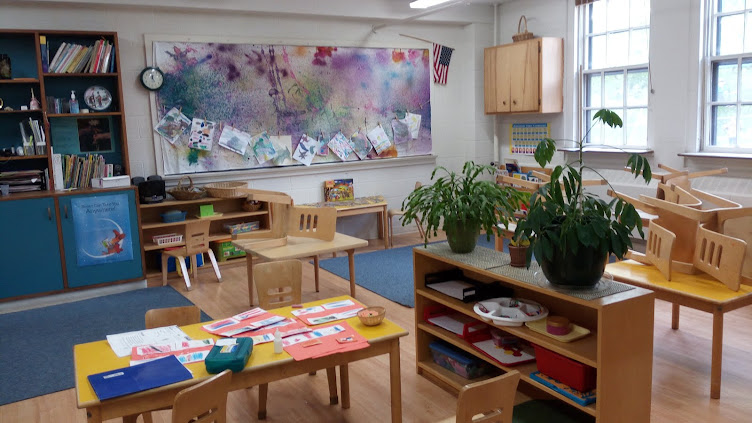It is important to note that reading is fundamental to success in life. Its that simple. Reading opens the door to virtually all other learing. You have to be able to read to learn Mathematics, science, cre and everything else. Basically you have to be able to read to succeed. Poor literacy leads to unemployment, poverty and crime. Please note that reading is not an isolated subject but a critical means to an end. That end is a productive, enriched life in which your child can master complex information, pursue passions, and make a decent living. Reading opens the world of the mind to your child and greatly increases her llife prospects. there is no doubt about it, the biggest gift you can give your child is a love of reading.
If children dont understand what they read , they are not really reading. if they dont unlock meaning as they read , the words become a boring babble and they will never read well or enjoy reading .So how is meaning unlocked? How do we ensure our chilren learn to read?
We start by understanding that good readers use the following 7 keys to unlock meaning.
1. Create mental images : Good readers create a wide range of visual, auditory and other sensory images as they read and they become emotionally involved with what they read. (do you ask your children to tell you about the pictures they see?
2. Use background knowledge: Good readers use their relevant prior knowledge before, during and after reading to enhance their understading of what they are reading. (do your children have enough back ground knowledge?)
3. Ask questions: Good readers generate questions before, during and after reading to clarify meaning, make predictions and focus their attention on what is important. (please do not stop your children from asking questions)
4. Make inferences: Good readers use their prior knowledge and information from what they read to make predictions , seek answers to questions, draw conclusions, and create interpretations that deepen their understanding of text.
5. Determine the most important ideas or themes: Good readers identify key ideas or themes as they read, and they can distinguish between important and unimportant information.
6. Synthesize information: Good readers track their thinking as it evolves during reading, to get the overall meaning
7. Use "fix-up" strategies : Good readers are aware of when they understand and when they dont. If they have trouble understanding specific words, phrases, or longer passages, they use a wide standing range of problem - solving strategies including skipping ahead , rereading , asking questions , using a dictionary and reading the passage aloudlets use this strategies. Lets get reading.
Remember you can like us on facebook @inspire nyeri or @ inspirebeyondbooks.com
The librarian @ INSPIRE
Lots of contribution of thoughts from the book
" 7 keys to comprehesion: how to help your kids read it and get it" by Susan Zimmerman , and Chryse Hutchins


